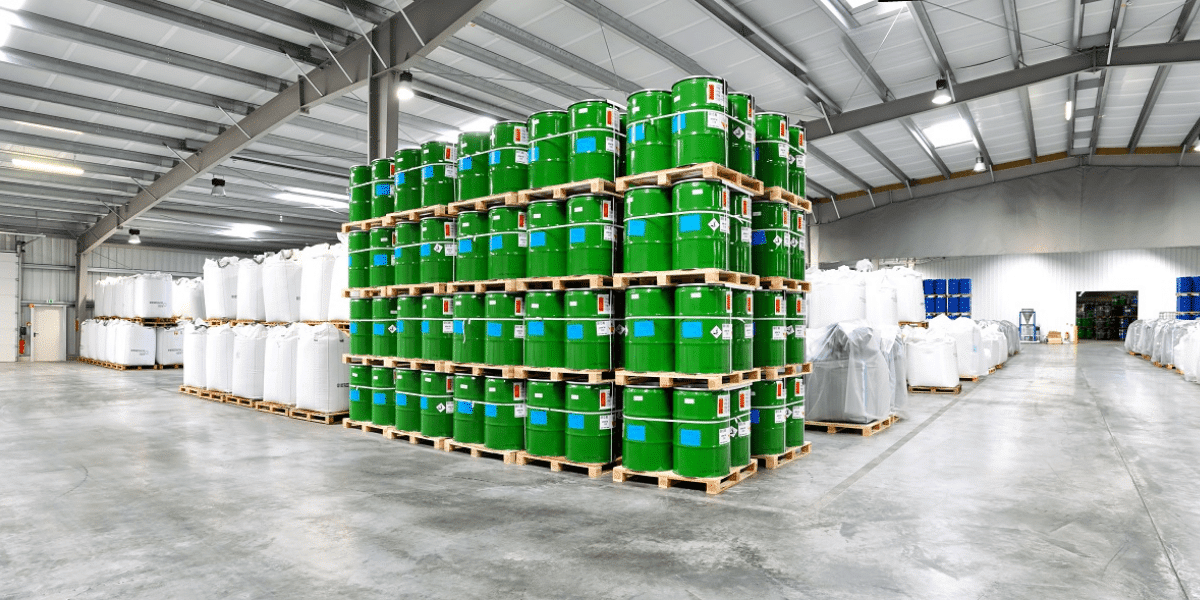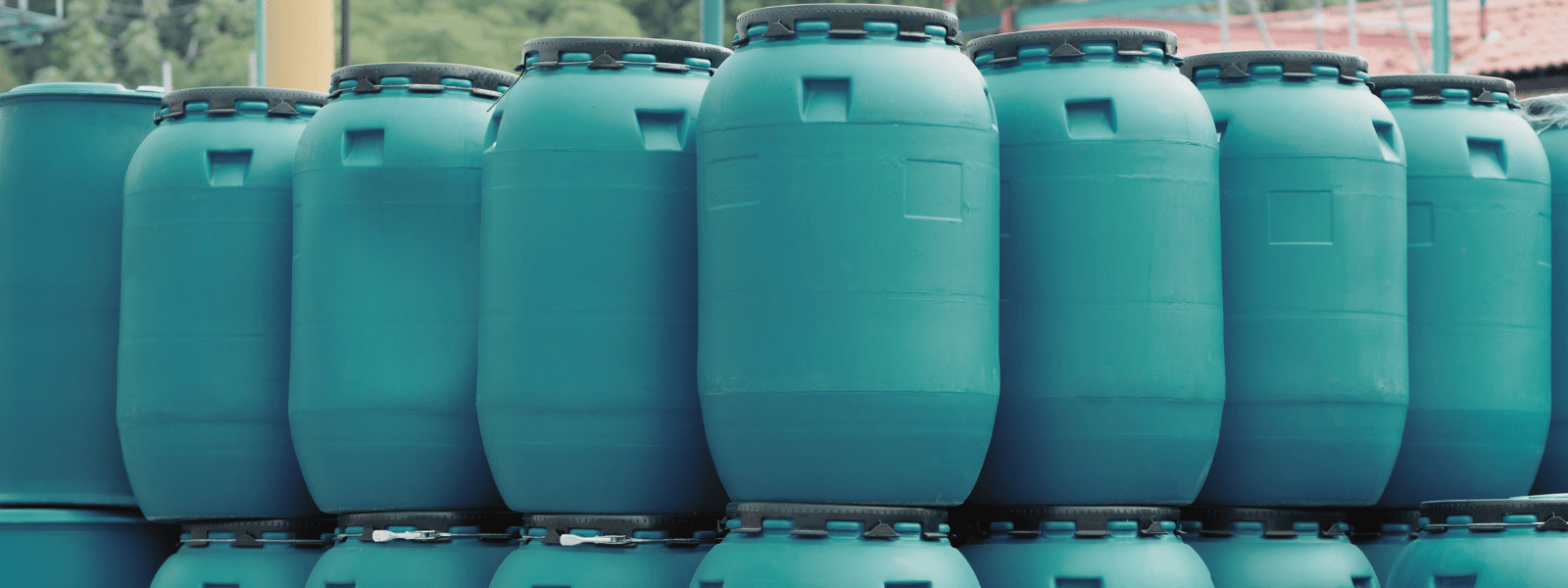Trichloroethylene (TCE) is a chemical compound that is classified as a halocarbon. TCE has been used as a cleaner degreaser for several years with excellent results. In addition to displaying great efficacy for industrial degreasing operations, the compound also has the added benefits of being non-flammable and exhibiting a “sweet smell” that isn’t as offensive to the nose as some other degreasers in the class. Despite these benefits, TCE is highly dangerous to use.
Questions About Using TCE
If your organization uses TCE cleaner degreaser and is looking for a replacement degreaser that has a better safety profile for humans and the environment, you may have some questions about the dangers of TCE and how to go about selecting a proper substitute. To help provide you with information about the use and replacement of TCE, we present a list of questions that are commonly asked about these issues. To receive more information, contact Ecolink today.
Is it true that TCE can cause cancer?
Recent research has determined that TCE cleaner degreaser contains carcinogens that could lead to the development of cancer. The risk is greatest for workers exposed to the compound on a regular basis. Long exposure times can pose a significant risk for the development of cancer.
Does TCE cause other health problems?
Chronic exposure to TCE is associated with the worst health outcomes, especially cancer, but acute exposure to the compound can also create the following, troublesome health problems, among others: upset stomach, dizziness, drowsiness, and irritation to the eyes, skin, and throat.
How does TCE negatively impact the environment?
TCE is identified as a contributor to global warming due to substance’s release of toxic emissions into the atmosphere. In addition to causing toxic air pollution, the compound can also cause soil pollution and water pollution that negatively impact fauna, aquatic life, and plant life.
What is the EPA’s stance on the use of TCE?
The EPA recognizes the dangers of TCE. In 2015, the organization issued this news release: “EPA Reaches Agreement with Manufacturer to Stop Use of TCE in Spray Fixative Products Used on Arts and Crafts. EPA also taking regulatory action to reduce exposure to this chemical”.
What measures are recommended for safe use of TCE?
The use of TCE in any capacity is considered unsafe. However, using ventilation systems that trap airborne contaminants in areas where the compound is used, as well as supplying high-level personal protective equipment (PPE) to those who use TCE, can improve safety.
What is the best option for replacing TCE cleaners?
Ecolink provides an excellent replacement cleaner for TCE cleaner degreaser in FluoSolv CX. FluoSolv CX is not identified as a CMR (Carcinogenic, Mutagenic, and Reproductive Toxin). In addition, Fluosolv CX can be used in smaller amounts than TCE to achieve the same effect.
Contact Ecolink Today
The dangers of TCE were reported as early as 1932. Since then, the toxicity of the compound has become better understood through scientific analysis and testing. This is why Ecolink offers FluoSolv CX — an industrial degreaser whose safety profile is vastly better than TCE — as an ideal TCE replacement. We also provide custom formulations for replacing TCE. Call us today at (800) 563-1305 to discuss the best replacement option for your TCE cleaner degreaser.















